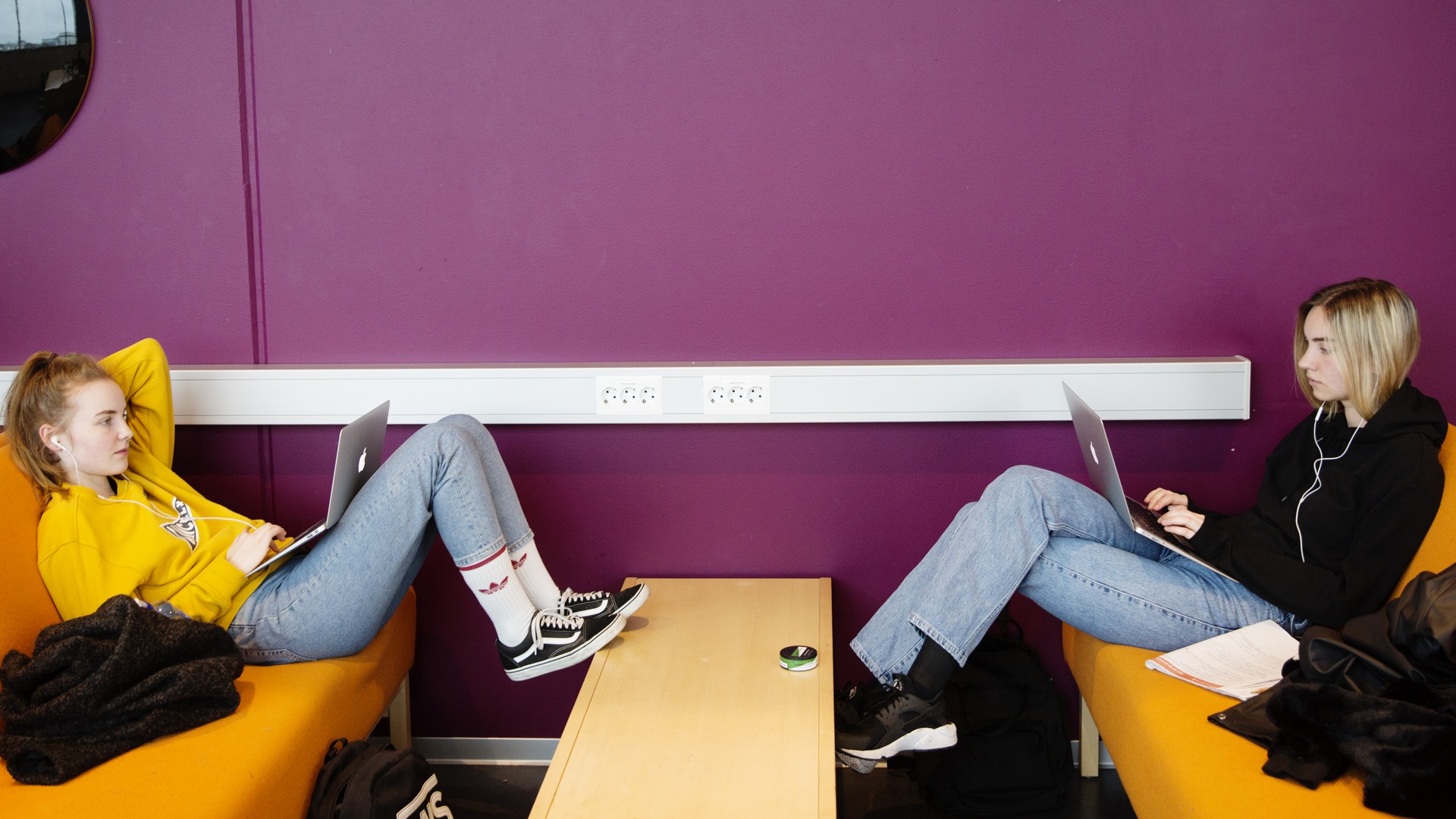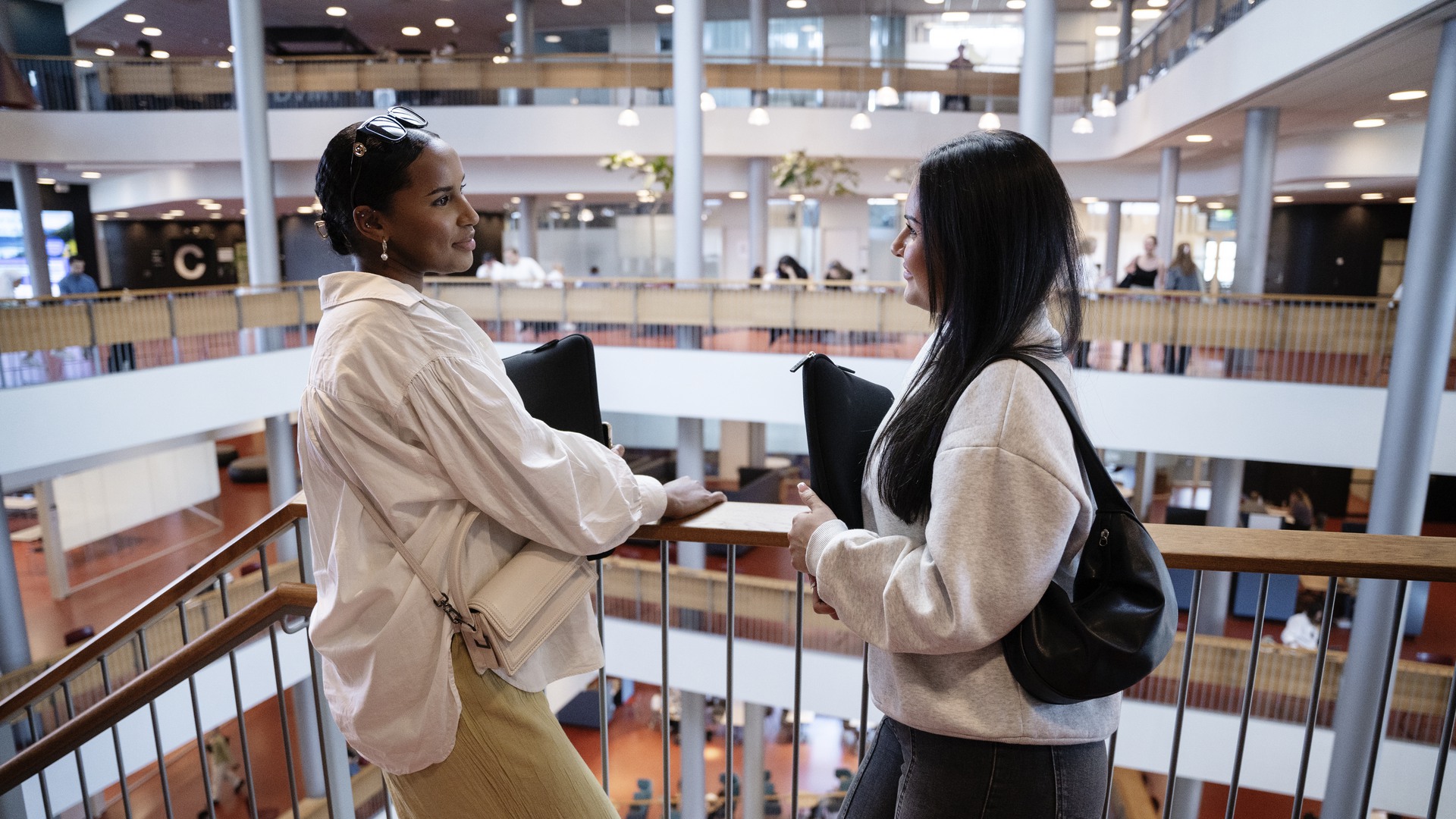EduSinglePage
This course is offered as part of programme:
Course content
The course aims for students to deepen their knowledge in scientific theory, the research process, and their knowledge of teaching and learning in higher education and adult learning as research areas. The course includes practical elements in which the student explores the practice of teaching and learning in higher education.
The course reviews national and international research in teaching and learning in higher education and adult learning, in addition to the critical issues that arise in connection with the studies’ backgrounds and research processes.
Entry requirements
Entry requirements
General entry requirements: First-cycle qualification comprising at least 180 credits.
Specific entry requirements:
At least three years of documented experience of teaching at higher education level, or working with skills development in at an equivalent organisation (for example, Swedish Customs, the Swedish Police Authority, Swedish Armed Forces) or successful completion of courses comprising at least 60 credits in one of the following subjects: Education pedagogy, educational sciences, work with teaching and education or other subject in the behavioural sciences, in addition to English 6.
Course literature
Current literature list is available in the syllabus for the course
Course evaluation
Malmö University provides students who participate in, or who have completed a course, with the opportunity to express their opinions and describe their experiences of the course by completing a course evaluation administered by the University. The University will compile and summarise the results of course evaluations. The University will also inform participants of the results and any decisions relating to measures taken in response to the course evaluations. The results will be made available to the students (HF 1:14).



